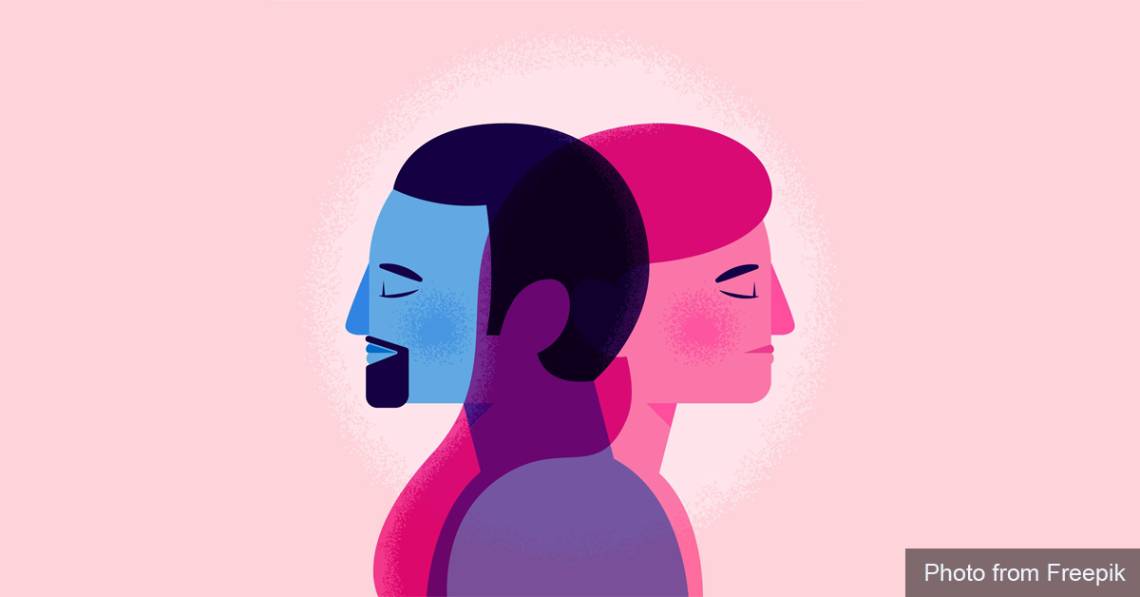
Feminists would hope that the White Paper, to be delivered this year to update Singapore’s efforts to fight against gender inequality, would accelerate the radical impetus of change that began with the arrival of the Women’s Charter of 1961. Its rejection of hereditary feudal and colonial forms of sexual order laid the legal foundation of contemporary feminism in Singapore.
Today, the challenge is to build on the achievements of the charter by enhancing the legal remit of its premise, which is that women would not settle for token representation in male-dominated systems of structure, agency and culture. Women would not accept anything less than absolute acknowledgement of their equality with men as humans.
For that to happen, however, a critical core of men, who hold the balance of material and ideological power to this day, would have to become feminists.
It would help if men recognised that they have made economic and social strides not in spite of women but because of them. The goal of feminism is not a zero-sum one. Women’s entry into the workforce because of the rapid industrialisation of the 1970s expanded the economic space available to men as well. Their children, both boys and girls, benefited from their mothers and fathers having created an economy determined by the meritocratic value of work and not by any ancient division of sexual labour: factories for men, kitchens for women.
Globally, difficult though it is to give up the privileges of being a man in a patriarchal society, it is not impossible for men to see themselves as being embedded in the enveloping presence of women who contour their existence: grandmother, mother, aunt, sister, beloved, partner, wife, daughter and granddaughter.
Men need to see themselves and be seen differently in the mirror of a new society that realises human potential at a higher level of self-recognition than attempted or even imagined before. It was this sense of gender as solidarity that the British feminist Sheila Rowbotham had in mind when she visualised women’s liberation in terms of their participation in a broader project: men’s escape from their own gendered history, or what has been called his-story.
After all, what is his-story? It is a story of ugly emperors stealing beautiful country virgins from their handsome virgin lovers, vicious aristocrats on horseback whipping cowering male serfs, white slave-owners making black women their sexual property. If some men could expropriate other men’s sexual domain so easily, what was the male domain worth anyway? Why not throw in the disinherited man’s lot with the dispossessed woman’s, instead?
Feminism is not a threat to men: It is a threat to their vicarious domination of a world in which most men suffer from some men’s control of the weapons of wealth, power and violence, and then pass on the burden of their defeated existence to battered women.
Today, the perils of patriarchal domination are illustrated by the war of national attrition being waged between Israel and Palestine. Feminists on both sides of the male-demarcated border could make a difference by vindicating the Palestinian intellectual Edward Said’s belief that, just as history is made by men and women, it can also be unmade and rewritten by them.
In an interview, Said spoke of how feminist values could be integrated into the common experiences of broader communities. The task, then, is to move beyond the particular, embattled identity of femininity to a sense of universality in which young Muslim and Jewish men would not have to die fighting each other, leaving their distraught mothers to inveigh the childless skies in the ancient lamentations of Arabic and Hebrew alike.
The great humanist that he was, Said was limited by nothing but his moral and imaginative coexistence with all others, female or male.
The family, the nation and the state have to accept the logic of feminism before individuals can liberate themselves from patriarchy. That is a tall order, but there always is a beginning.
The White Paper has much to build on, but also much to build beyond. The possibility of women’s emancipation today needs to incorporate the current experiences of them being subjected to dual expectations of excellence at both home and work, a demand to which men are not subjected generally. Women are more vulnerable to the possibility of sexual assault. Women are more likely to be blamed for what goes wrong in the world of men than men are held accountable for what goes wrong in the woman’s world.
Redressing that imbalance is work in progress. The White Paper has its work laid out for it.
The author is co-general editor of the Singapore Chronicles series published by IPS and The Straits Times Press.
Top photo from Freepik.
